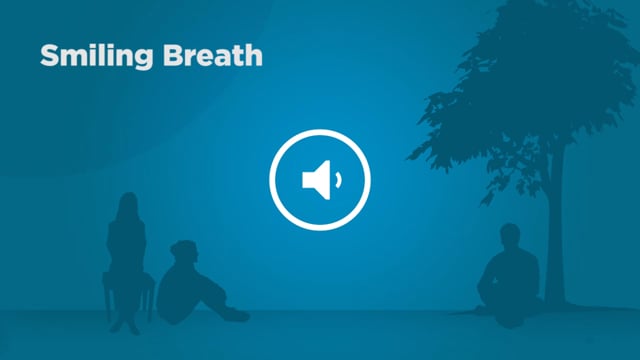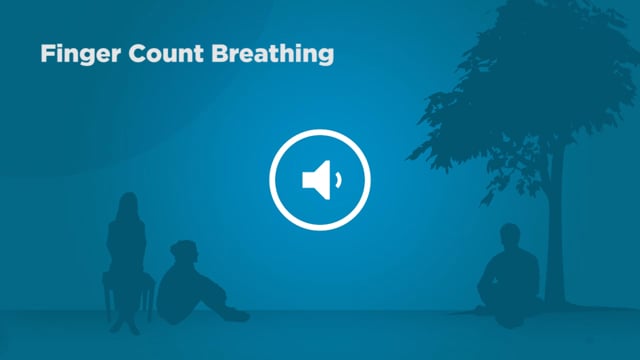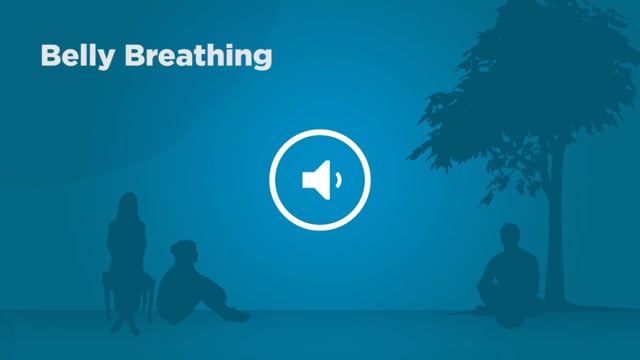- Parents Home
- Para Padres
- A to Z Dictionary
- Allergy Center
- Asthma
- Cancer
- Diabetes
- Diseases & Conditions
- Doctors & Hospitals
- Emotions & Behavior
- First Aid & Safety
- Flu (Influenza)
- Food Allergies
- General Health
- Growth & Development
- Heart Health & Conditions
- Homework Help Center
- Infections
- Newborn Care
- Nutrition & Fitness
- Play & Learn
- Pregnancy Center
- Preventing Premature Birth
- Q&A
- School & Family Life
- Sports Medicine
- Teens Home
- Para Adolescentes
- Asthma
- Be Your Best Self
- Body & Skin Care
- Cancer
- Diabetes
- Diseases & Conditions
- Drugs & Alcohol
- Flu (Influenza)
- Food & Fitness
- Homework Help
- Infections
- Managing Your Weight
- Medical Care 101
- Mental Health
- Nutrition & Fitness
- Q&A
- Safety & First Aid
- School, Jobs, & Friends
- Sexual Health
- Sports Medicine
- Stress & Coping
5 Ways to Beat Pre-performance Nerves
Lots of people stress out about talking in front of the class or getting laughed at if they make a mistake in front of an audience. Feeling nervous before a performance is natural — and part of your body's way of helping you do your best. The "stress hormones" (like adrenaline) that your body produces at times like these can actually help you focus.
But when worry and stress about performing get to be too much, these hormones give people that "red alert" feeling — the one that causes you to feel cold or sweaty, get butterflies in your stomach, or feel like you can't think straight.
These tips can help you manage that feeling:
- Be prepared. You're less likely to freeze up if you're well prepared. Rehearse as much as you can and practice — alone or in front of others — at every opportunity. Practice until you feel relaxed and ready. Nothing calms nerves like the confidence that comes from knowing you're prepared.
- Psych yourself up. Instead of dwelling on what could go wrong, rev up some positive energy. Watch a football team before they run onto the field. They get in a group and pray or sing a team song to pump themselves up with positive energy and team spirit. You can do this whether you're performing alone or as part of a group. Have a friend give you a pep talk. Give yourself one too. Tell yourself, "I got this!" "I'm ready to do this — here goes!" or, "This is going to be fun!"
- Learn ways to chill. Young performers, such as Olympic gymnasts and music soloists, talk about how important it is to prepare for the pre-performance jitters as well as the performance itself. At certain types of competitions, there's quite a wait before it's your turn to perform. Some people take along inspirational photos, put together a playlist to help them relax, or learn yoga and breathing techniques to help them feel calm. Some people need to be active to relax, others need to be still and calm. Find out what technique works for you, then make a plan to use it in the downtime before a big performance.
- Don't be afraid of the nervous feeling. When you feel performance jitters, don't freak out! Don't let the feeling stop you or intimidate you. Just let it be there. Remind yourself it's natural, just your nervous system revving up to get you ready and set to go. Know that it's up to you to manage it to your advantage. Use your positive pep-talk and calming strategies to do just that. Then, go for it!
- Look after yourself. Before big performances it's easy to let taking care of yourself slip as you spend too much time on rehearsals and practice. You'll look and feel your best if you get enough sleep and eat healthy meals before your performance. Exercise can also help you feel good, and along with sleep and nutrition, is an excellent way of keeping those stress hormones from getting out of control.

Smiling Breath
This breathing exercise can help you lift stress or switch from a difficult mood to a more positive one.

Finger Count Breathing
Finger count breathing is a good way to slow down and hit your internal “pause” button.

Belly Breathing
When we’re relaxed, air naturally flows deeper into our lungs. Practicing belly breathing can help you create these feelings of relaxation and calm.